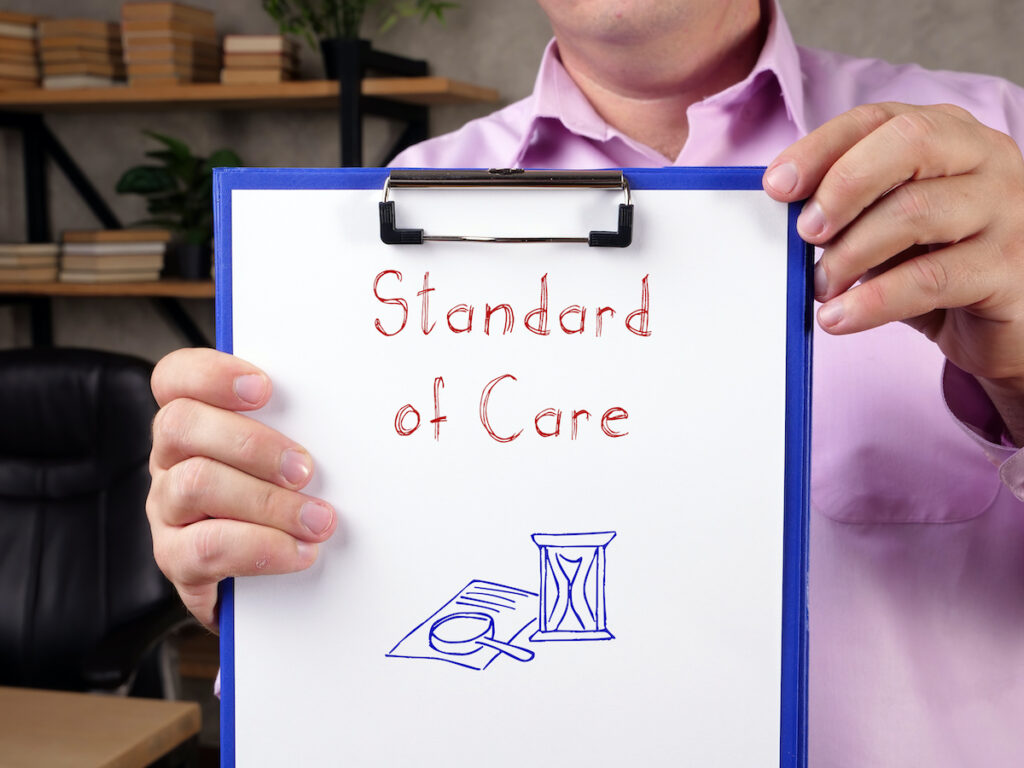
While young people with an arising or established mental health problem will need adequate guidance to access the right kind of treatments and interventions, there is a group particularly vulnerable to missing out: young people, who, in addition to a severe mental health condition, are significantly socially withdrawn.
A social disability in this sense can mean that a young person spends as little as 15 hours a week in a structured environment such as work, education, training or other social activities, including sports and hobbies. Often social withdrawal will set in before mental health problems become apparent, and adolescent-onset is seen in three-quarters of socially disabling mental health conditions. It is vital to reach out and offer this group appropriate social support programs – as well as the more traditional psychological and pharmacological interventions – sooner rather than later to prevent severe and longer-term effects of their condition. Social Recovery Therapy (SRT) is a cognitive behavioural approach, typically trialled in young people with psychosis, aiming to redress this, with emerging data showing some promise (Fowler et al., 2019).
Berry and colleagues have taken a further step, applying SRT to young people with severe and complex mental health problems, with participants both with and without higher risk factors for psychosis. In their BJPsych paper they evaluate how young patients’ optimised care packages might benefit from the addition of Social Recovery Therapy (SRT).

Reach out! Socially withdrawn young people with severe mental illness need optimised therapeutic intervention and motivation.
Methods
For their randomised controlled trial, the authors recruited 270 young people, between the ages of 16 and 25, with a history of severe and complex mental health problems ongoing for more than 6 months. Importantly, all had seriously impaired social functioning, which was defined as spending less than 30 hours a week in structured social activities.
Participants were equally randomised into two groups to receive either Social Recovery Therapy (SRT) plus Enhanced Standard Care (ESC) or ESC alone. While the therapeutic interventions lasted at least 9 months, assessor-blinded outcome evaluations were performed at 9, 15, and 24 months post-randomisation. Assessments mainly took place in participants’ homes, and assessors used a flexible and assertive approach to enhance positive engagement.
The main study objective was to identify any beneficial effects of combined intervention (SRT/ESC) on weekly hours spent in structured social activity at 15 months into the study. SRT effects on the prevalence of psychotic, mood, and general symptoms were also looked at.
The ‘enhancement’ of standard care procedures meant conveying a comprehensive report of participants’ mental health and social functioning, as well as a ‘best practice guide’ to the intervention providers to increase awareness.
The approach developed for SRT incorporated assertive outreach and cognitive behavioural therapy, helping patients establish a positive therapeutic relationship and identify structures that could aid them in maintaining social engagement.
Results
The participants were recruited from 3 sites over four years, with 138 participants receiving SRT/ESC and 132 receiving ESC alone. The two study groups were well-balanced for illness characteristics and demographic data except for gender, where there were slightly more male patients in the SRT/ESC group. The most prominent diagnoses in the study population were major depression and social phobia. More than half of the study population in both study arms was on antidepressant treatment.
- Primary study outcome data on weekly hours spent in structured activity at 15 months could be collected from 87% of participants. Missing data was higher in the ESC alone group (n=24) than in the SRT/ESC group (n=11).
- While no significant differences were found between the two types of interventions for primary or secondary study endpoints, both approaches significantly improved participants’ hours spent in structured social activity from baseline to follow-up assessment.
- For the SRT/ESC group, hours increased from 11.3 hours at baseline to 22.4 hours at 15 months, and the ESC alone group improved from 11.3 hours to 27.7 hours, revealing large treatment effects.
- Secondary study outcomes showed illness prevalence improved more than 50% for depression, social phobia, panic disorder, and agoraphobia.
- Study results were consistent for intention to treat and per-protocol analyses.

Enhanced intervention and optimised care are the building blocks needed to improve social engagement and mental health in young people.
Conclusions
Past research has shown how difficult it can be for young people to access appropriate clinical interventions and maintain engagement in everyday activities that give structure, meaning, and accomplishment to life. Positively, the authors of this study show that such engagement can be aided by enhancing standard care packages, while, against their hypothesis, adding social recovery therapy has no additional benefit.

The inclusion of social recovery therapy to standard care in this study suggests no additional benefit to young people.
Strengths and limitations
The study team maintained long-term patient engagement (87%) in a group that was liable to be difficult to engage. While delivery of standard care will benefit from optimised awareness of patients’ needs, patient engagement is also driven by motivation and assisted by comprehensive clinical assessments. This is a crucial – and optimistic – message of this research: people can overcome their social difficulties, but there is a vital role for the staff to help them achieve this.
Individual characteristics profiles
The individual mental care setting may profit from a detailed description of patients who did not benefit, identifying their demographic characteristics, illness profile, or type of care. Whilst research is built upon aggregating data, it may be worthwhile to look at individual case studies and pinpoint critical factors that hinder successful intervention.
Confounding effects of pharmacological intervention
Improved mental health will inevitably affect engagement in structured activities, and treatment effects of pharmacological interventions could have favoured overall positive study outcomes. Although there were similar numbers on treatment in each group, details on type, dosing, and duration of medications were limited, and it is not clear how these effects were accounted for in the study.
Missing data
Missing data from dropouts – a common phenomenon in long-term studies – can cause bias in a study of social disability since a participant’s condition may directly affect their ability to participate. More detail on modelling outcomes of, for example, worst-case calculations would be of interest in this context.
Patient assessment
It could be a goal to identify age-appropriate assessment tools that best engage socially withdrawn patients in the long term. Could an interactive app serve as a diary of social activities and enhance motivation? This would go along with the authors’ statement that motivation and self-agency are essential factors in the recovery process.

Accounting for confounding missing data: has a patient who dropped out of the study gotten worse?
Implications for practice
We are all aware of how debilitating a lack of social structure and activity can be: these are the activities that give us meaning and purpose, structure and self-development. For so many people with a mental illness, a vicious circle can ensue where worsening mental health can hinder such engagement, and this, in turn, risks lowering self-esteem, self-worth, and hope for recovery. The earlier it starts, and the longer this runs, the more it is liable to adversely impact someone in the long term. The authors remind us of the scale of the problem and the urgency of intervention. For professionals, no ‘history’ is complete without seeing the person in their wider life, beyond their symptoms, and considering their social networks and aspirations.
The study brings both a hopeful message and a slightly disappointing one. The hope comes from seeing that people can do well and that this can come from ‘just’ enhanced care. Of course, there’s a caveat in those words: this is stepping up and making sure the individual gets the best possible support. A challenge at times in stretched busy healthcare systems, but here’s evidence that not only is it the right thing to do, but that it works.
The disappointing one is the failure of the active intervention. The authors are to be praised for publishing ‘negative data’, and this is far from the first of this type of approach to fail. It raises the question of why: the ‘ingredients’ of Social Recovery Therapy (SRT) make sense, and there is no doubt care was taken administering it over time. It opens the difficult question of whether we need to better refine and target such interventions or whether we need to, for now at least, put them away and look at alternative models of care.

Seeing a person in their wider life, beyond their symptoms, is vital for identifying the best therapeutic approach.
Statement of interests
None.
Links
Primary paper
Berry C, Hodgekins J, French P. et al (2022) Prevention and treatment of long-term social disability amongst young people with emerging severe mental illness: A randomised controlled trial of clinical and cost-effectiveness of Social Recovery Therapy. BJPsych 2022. doi: 10.1192/bjp.2021.206
Other references
Fowler D, Hodgekins J, French P. Social Recovery Therapy in improving activity and social outcomes in early psychosis: Current evidence and longer term outcomes. Schizophrenia Research, 2019; 203:99-104. https://doi.org/10.1016/j.schres.2017.10.006
